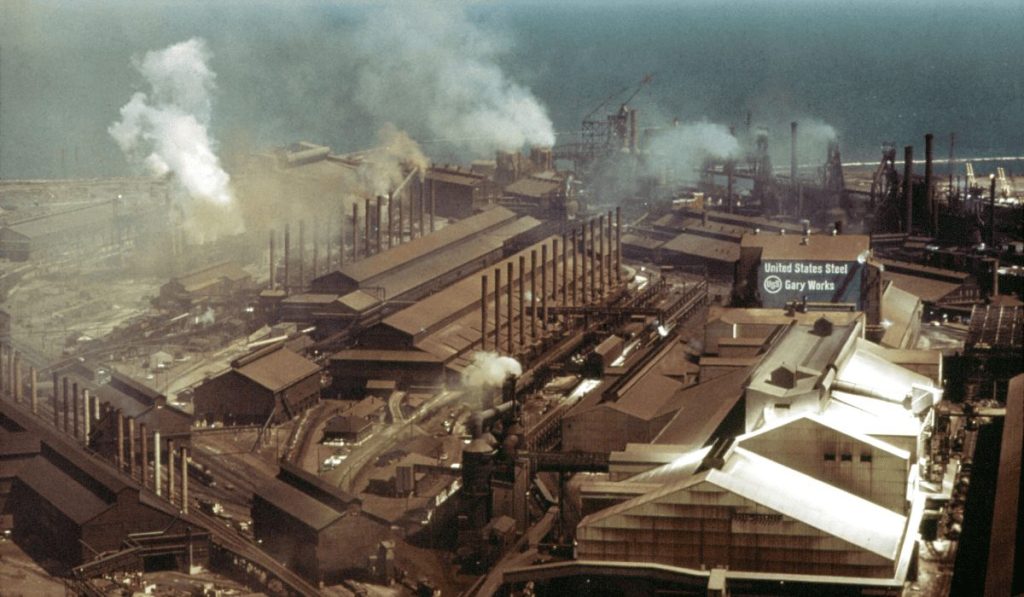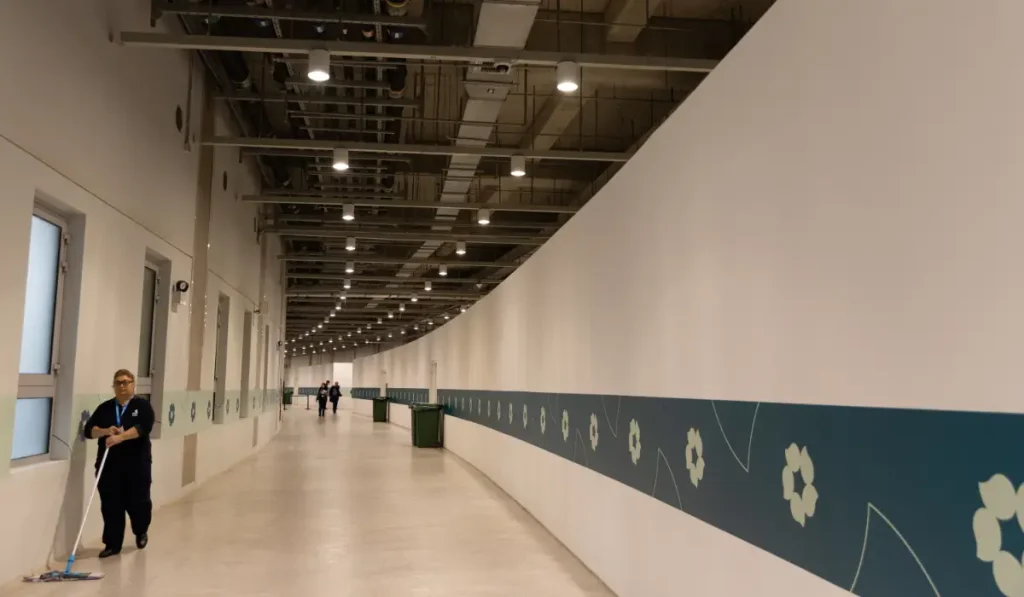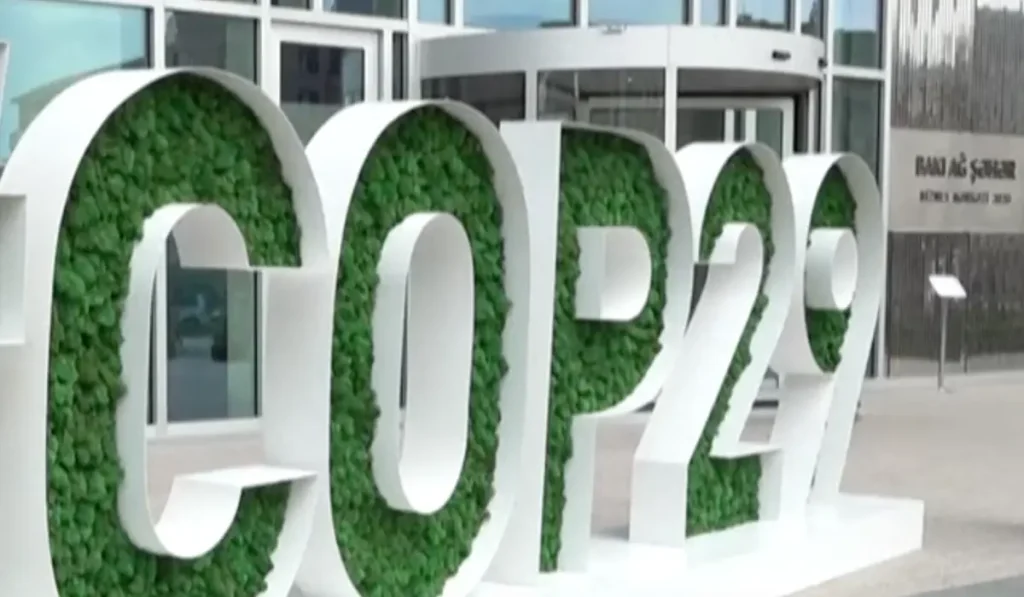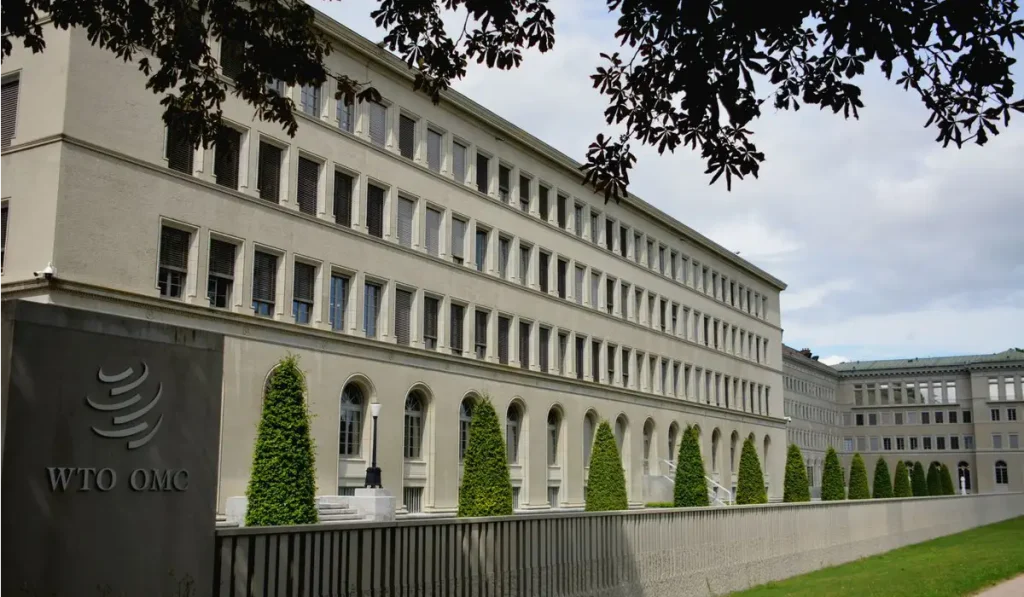The European Parliament has recently approved a landmark deforestation law that bans imports into the EU from any land that was deforested after 31 December 2020. Cattle, cocoa, coffee, palm-oil, soya, wood, rubber, charcoal and printed paper products are covered by the new rules, as well as derivative products such as leather, chocolate and furniture.
Although no specific country or commodity is banned, traders will only be allowed to sell products in the EU if the original supplier has issued a due diligence statement that confirms the product does not come from deforested land or has led to forest degradation, including of irreplaceable primary forests, after 2020. Forest degradation is widely defined to include cases where primary forests or naturally regenerating forests are converted into plantations or other wooded land. Suppliers will also need to confirm that the product complies with relevant laws in the country of origin, including human rights.
In describing the new law, European Parliament rapporteur Christophe Hansen said “it is not only key in our fight against climate change and biodiversity loss, but should also break the deadlock preventing us from deepening trade relations with countries that share our environmental values and ambitions.”
EU authorities will use geolocation coordinates to conduct checks using satellites and DNA analysis to confirm the origin of products. These checks will be conducted with more frequency in countries classified as high risk, with fines possibly as high as 4% of annual turnover for those in the EU who contravene.
The EU is the second-largest market for consumption of regulated products after China. Unsurprisingly it has received pushback from a number of exporters. The environmental objectives are laudable, however there are concerns that it will disproportionately affect smallholder farmers. One of the biggest challenges is administrative, as smallholders may struggle to prove where goods were produced using geolocation data. It is estimated that worldwide, the majority of coffee and coco produced comes from smallholders. Côte d’Ivoire and Ghana, produce more than 60% of the world’s coco, stand to be the most affected on the continent and globally.
Although it poses considerable administrative challenges, Ivorian cocoa farmers have also supported the regulation as key to simplifying supply chains, reducing middlemen, and supporting long term sustainability in the sector. Key, however, is to ensure that monitoring systems are rolled out in Côted’Ivoire and Ghana before the regulations take effect. Fortunately both countries have reported progress in mapping coco farms, and they have agreed to create national sector-wide cocoa traceability systems as part of a new sustainability alliance with the EU. Whilst the new rules certainly raise concerns around the extent to which these systems will be up and running in time, accurately and deliver the benefits they promise, it is nevertheless an encouraging example of EU/Africa partnerships to ensure that climate related trade rules don’t unfairly impact exporting states. We would hope to see something similar coming out of the EU’s Carbon Border Adjustment Mechanism, which currently provides no clear support mechanisms for affected exporting states.
The deforestation law needs formal approval from EU countries before it can enter into force. Once that happens, large companies in the EU will have 18 months to comply, and smaller firms 24 months.


